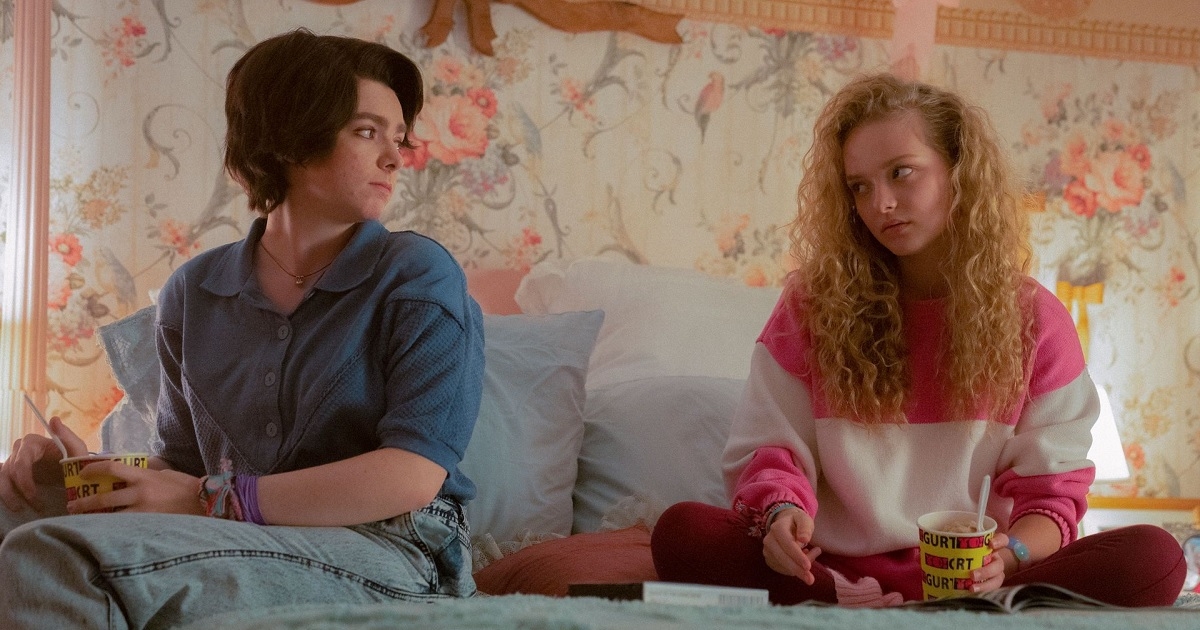As a general rule, it’s hard to get Tim Burke too wrong. That said, a particularly good sentence in a recent post of his jumped out at me and didn’t leave my head for the better part of a week. It refers to an older tradition of universities providing free, continuing courses for adults in the community.
“…the idea of a liberal education less as an embedded part of a degree that gives a credential that is recognized as a professional qualification to do particular kinds of work and more as an ongoing enterprise that makes more sense in many ways to older people. who lived in their humanity.”
“Who lived in their humanity.” That’s just great. It’s vaguely Hegelian, I suppose, but in a good way. It is about filling in the contours of a personality that has always been there, but which required experience to become fully itself. Any parent knows the feeling of watching your children grow into themselves. Looking back, you recognize signal moments along the way. Some of that is purely retrospective sense, of course, but not all of it. One of the rewards of having friends for decades is hearing something new about them and recognizing it as so completely them. The trend has always been there; seeing it accomplished is narratively satisfying.
The broader point, though, is that certain kinds of stories, theories, speculations, and observations stick differently with people who have been around longer.
I’ve certainly had the experience of rewatching TV shows or movies that I first saw in my teenage years, and that I remembered fondly, only to be horrified or embarrassed by what I saw this time around. The show or movie didn’t change, but I did.
The more embarrassing ones, though, are the ones where I realize I missed the point (or really obvious subtext) entirely the first time. Some of it was about developing skills as a reader of texts, but some of it was just a lack of life experience.
The movie Sixteen Candles is easy. It came out when I was in high school, and I was very much of its demographic. I remember liking it, finding some parts funny and some cute. Molly Ringwald’s vague anxiety was familiar. Misguided as I was, I remember thinking that the portrait of the Asian exchange student seemed racist, so at least that’s what I got. (It’s really terrible.) It captured the perspective of a middle-class white suburban teenager so accurately that it even included the abundant blind spots of that perspective. But even some of the more benign moments make more sense now. At the time, I couldn’t understand why Sam’s Dad seemed to be encouraging her to leave with Jake. After a few decades of being a dad, I get it. Sixteen year old me couldn’t figure it out. Now, it’s obvious.
When we encourage students to “get rid of their genes,” I think we tend to encourage easy and superficial interpretations. I understand why many students tend to do this anyway. Some of it is likely a response to economic pressure, and some a symptom of shaky or uneven high school preparation. But I think some of it just comes from encountering some of these ideas before having enough life experience for them to resonate.
Burke’s piece discusses an older tradition of universities offering continuing education courses, free of charge, to the adult public. (That’s in contrast to individual one-time guest speakers.) It’s a practice that has largely disappeared as pressures to be increasingly fiscally focused tend to squeeze out the “good to have”. It’s worth reconsidering. That’s not to say we should excuse young people from grappling with these issues, of course; you have to develop those skills somewhere, and at least some things actually manage to sink in. But to the extent that we send the message that literature, history, philosophy and the bigger questions are relegated to the first two years of college. , never seen again, we flub a basic cultural obligation.
In the real world, of course, cultural productions and narrative are everywhere. Movies and shows are more plentiful, and often better, than they’ve ever been. Online fandoms for various celebrities, teams, or movies can get surprisingly complex, often involving people at levels of enthusiastic analysis they probably couldn’t muster for, say, Ethan Frome. Bloated charlatans and purveyors of snake oil have the audiences they do because so many people struggle to make sense of the world. They do it badly, but the hunger is there.
As the journalist Sarah Kendzior said in reference to politics, in our current society, truth is paid but misinformation is free. Something similar is true of a story. Public higher ed — especially community colleges, given the “community” part of the mission and their geographic ubiquity — is well positioned to engage with those adults who may not want a formal credential, but who are looking for answers. They’re out there, and they’ve lived enough of a life to bring some different perspectives.



